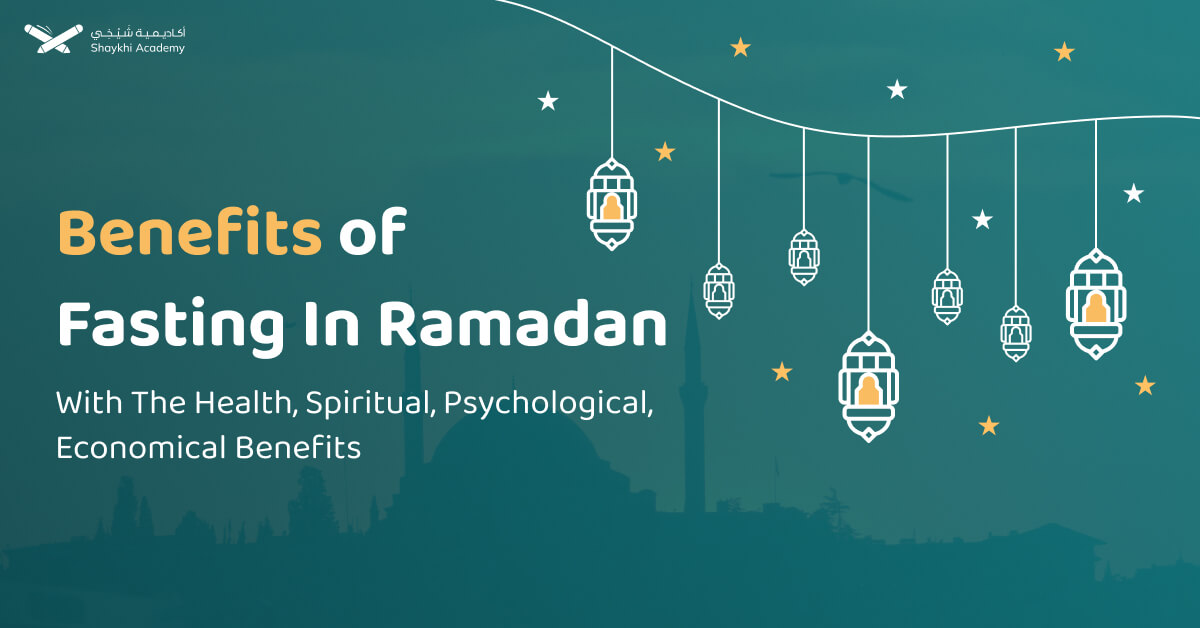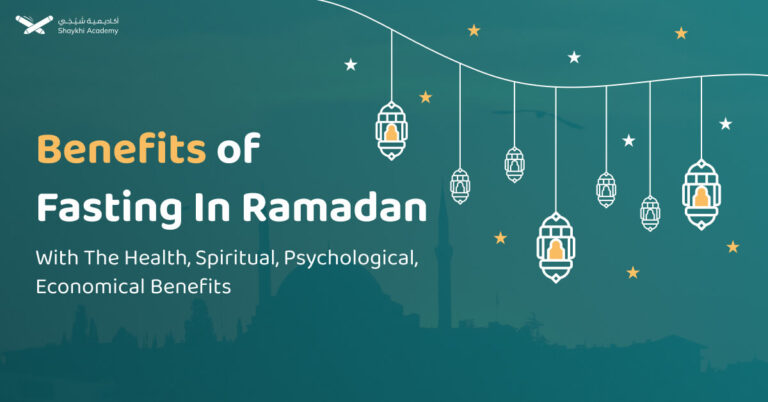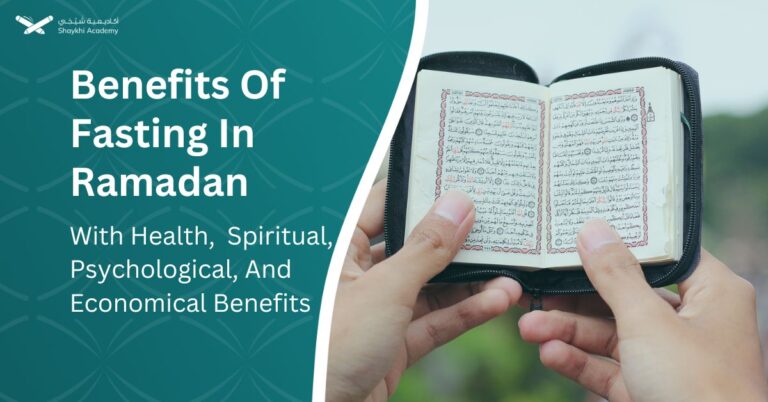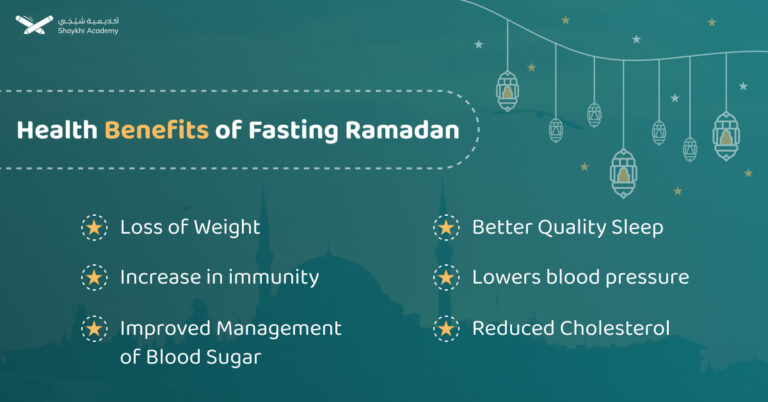Fasting during Ramadan provides profound psychological benefits, fostering self-discipline, gratitude, and emotional resilience. It teaches individuals to control their desires, appreciate life’s blessings, and develop empathy for those less fortunate.
The act of fasting itself serves as a reminder of patience and perseverance, strengthening one’s connection with Allah and promoting self-reflection. Additionally, by engaging in prayer, charity, and acts of kindness, Muslims experience heightened spiritual fulfillment, which contributes to overall emotional well-being.
Moreover, Ramadan encourages positive lifestyle changes that improve mental health by reducing stress, anxiety, and depression. Healthier eating, better sleep, and increased social connections through communal iftar gatherings boost overall happiness and inner peace.
The heightened focus on spirituality, combined with acts of worship such as reading the Qur’an and offering Taraweeh prayers, nurtures a sense of inner tranquility. Ultimately, fasting becomes a transformative journey, enriching the mind, soul, and heart while reinforcing a strong spiritual and emotional foundation.
Psychological Benefits of Fasting Ramadan
Ramadan offers enormous psychological advantages, which heighten the significance of this auspicious month. Self-control, empathy, and compassion are among the many psychological advantages of Ramadan, along with enhanced well-being and elevated happiness.
The emotional significance and psychological advantages of the holy month of Ramadan will be discussed in the following paragraphs:
1. Fasting Enhances self-control
Benefit of fasting in Ramadan is a terrific chance to practice self-discipline through Ramadan. In other words, it’s a type of worship that necessitates fasting from food and liquids from sunrise until sunset. Developing self-control and the capacity to withstand our desires are further benefits of fasting.
Furthermore, there are tremendous benefits to intensifying our acts of prayer throughout Ramadan, which helps to deepen our relationship with Allah (SWT). Islam therefore exhorts Muslims to increase their good actions to elevate their souls. This might therefore strengthen their self-discipline.
2. Fasting gives An elevated feeling of thankfulness and gratitude
Reflecting on the many gifts and plenty we are bestowed with throughout our lives is encouraged during Ramadan. We may be more grateful for the little things in life by giving up all material pleasures and vices, including eating and drinking.
Similar to this, fasting encourages us to appreciate the small pleasures in life and to be conscious of others who are less fortunate. Giving to charitable organizations that help the less fortunate members of society may undoubtedly increase our sense of appreciation.
3. Fasting Enhances compassion and empathy
By making individuals aware of the less disadvantaged areas that require their assistance, Ramadan can increase empathy and compassion in people.
We will be more sympathetic and caring toward other impoverished groups if we are aware of their predicament. Ramadan, then, is a great chance for us to reflect on the struggles that those marginalized people deal with daily.
4. Fasting Decreases sadness and anxiety
Ramadan encourages us to develop healthier habits, such as eating better food, getting enough sleep, and exercising more, which can help us combat our anxiety and despair. These types of pursuits and lifestyle modifications may undoubtedly have a very favorable effect on our mental well-being.
In other words, these behaviors can improve our moods and lessen the bad feelings that could cause sadness. Furthermore, strengthening our spirituality and our relationship with Allah, the Almighty would assist us in lowering our stress and anxiety levels.
Since we may share iftar with our loved ones in Ramadan, we can strengthen our ties to one another and our families. Therefore, strengthening our social ties has a major positive influence on our general well-being and happiness.
5. Fasting Enhances emotions and better emotional control
Our awareness of life’s realities and inner tranquility can be enhanced by fasting at Ramadan and enhancing our good acts, such as prayer, remembering Allah, and reading the Qur’an.
Additionally, by providing us with opportunities for introspection and awareness, Ramadan might aid us in strengthening our ability to control our emotions.
The benefits of fasting during Ramadan, in particular, can encourage us to pause and consider our spiritual and emotional lives, which can lead to increased appreciation and compassion.
Furthermore, because it pushes us to alter our eating patterns, fasting is seen as a type of self-care that boosts our mood and restores our vitality.
6. Fasting Enhances spiritual bond
By offering Taraweeh prayer and frequent prayers, Muslims can deepen their spiritual connection to Allah (SWT). They can also increase other acts of devotion, such as reading the Qur’an and remembering Allah (SWT).
Engaging in such activities from the benefits of fasting in Ramadan, can greatly strengthen our spiritual bond with Allah, the Almighty.
Furthermore, Ramadan enables Muslims to strengthen their relationships with those in their community and donate to charitable causes to better the lives of others—practices that have the potential to elevate our spiritual condition.
Conclusion:
Fasting during Ramadan enhances mental well-being by fostering self-discipline, gratitude, and emotional resilience. It nurtures empathy for the less fortunate, strengthens spiritual connection, and promotes inner peace through prayer and reflection.
Additionally, healthier habits, improved sleep, and communal gatherings reduce stress and boost happiness. This sacred month transforms the mind and soul, elevating emotional and spiritual well-being.

















































